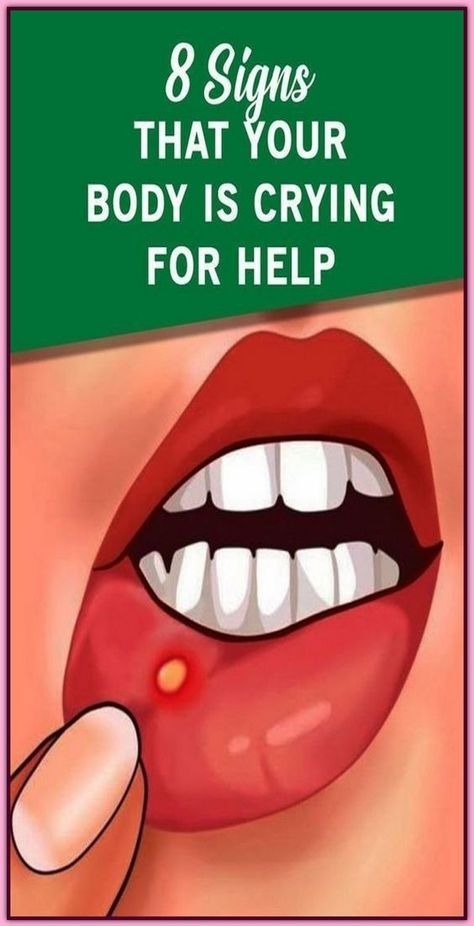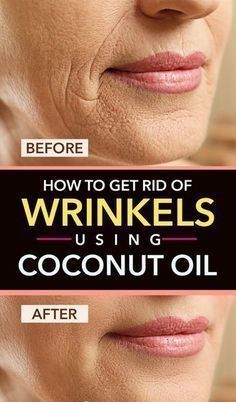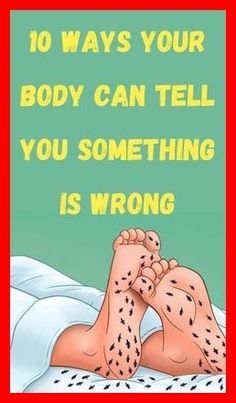Your body is an amazing machine that often communicates its own needs and interests. Paying attention to these signals can provide valuable information about your health. Here are some signs to consider and their possible meanings:
Love of sour foods:
Hormonal changes, such as during pregnancy, may lead to a desire to eat sour foods. However, a sudden craving for sour foods can indicate liver or gallbladder problems. Consult your doctor for a comprehensive examination if you experience sudden cravings for sour foods.
Bleeding from the mouth:
Bleeding gums may indicate inadequate oral care, but it may also indicate a vitamin C deficiency. Before turning to supplements, consider incorporating fruits and vegetables into your diet as natural sources of vitamin C.
Insomnia and cramps:
Persistent bloating, insomnia, and cramps may indicate a mild magnesium deficiency. Magnesium is essential for brain, muscle and heart health. Consult your doctor and include magnesium-rich foods such as nuts, leafy vegetables, bananas and fruits in your diet.
Passion for seafood:
Aside from pregnancy-related cravings, persistent cravings for seafood may indicate a deficiency of various nutrients and minerals, especially protein. If you’re a vegetarian, keep an eye on your macronutrients and make sure you’re eating a balanced diet.
Sugar cravings:
Sugar cravings often indicate recently eating sugary and processed foods. Fight those cravings with a nutrient-dense salad to meet your body’s true needs and work to retrain your taste buds.
Sodium cravings:
While craving salt is normal, salt cravings may indicate an infection or inflammation. Choose healthy salts such as pink Himalayan salt and consider addressing potential underlying health issues.
Sectioning nails and hair:
Brittle hair and nails can result from a deficiency of nutrients and vitamins, especially B vitamins and calcium. Incorporate whole foods such as whole grain bread, legumes, potatoes, leafy green vegetables, and almond milk into your diet.
Permanent dry spots on the skin:
Vitamin E deficiency can manifest in dry, cracked, and itchy skin. Prioritize skin health by adding foods rich in vitamin E such as fish oil, nuts and healthy oils to your diet.
Remember that although these associations can provide insights, consulting a healthcare professional for a comprehensive evaluation is essential for accurate diagnosis and appropriate treatment.



